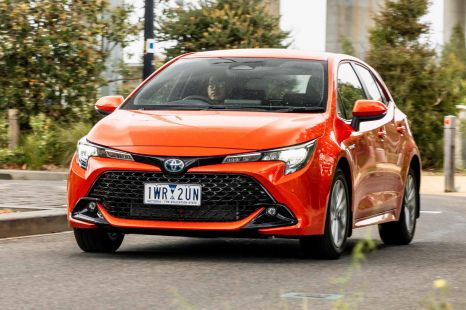

Max Davies
2025 Toyota Corolla SX review
6 Days Ago

News Editor
Isuzu Ute Australia is calling on the Federal Government to delay and rework its New Vehicle Efficiency Standard(NVES), arguing it will negatively impact new car buyers.
“The implementation of the NVES proposed by the Government presents timing, financial and engineering challenges for many vehicle brands, particularly those brands that provide Australians with utes and large-SUVs as part of their range, and ultimately risks negatively impacting Australian consumers,” the company said in a statement.
“The current NVES proposal doesn’t take into consideration automotive technology development cycles, whereas the comparative US Standards set their targets based on a forecast in alignment with emission technology developments.
“In this respect, we call on the Government to provide vehicle manufacturers with more time to lower the emissions of their model range through realistic product life cycles to avoid negatively impacting Australian consumers.”
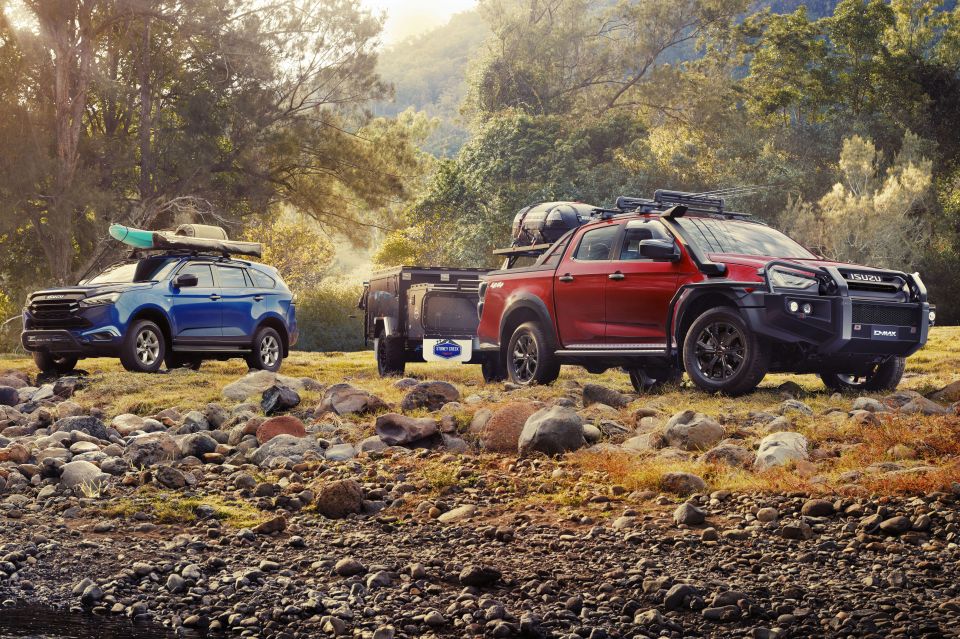
In addition to calling for a delay, it wants the Government to classify passenger cars and SUVs separately.
In the Government’s preferred Option B, these fall under the same category, while in the more lenient Option A passenger vehicles sit in a separate category from “larger SUVs, four-wheel drives” as well as utes and vans.
It has also criticised the “excessive” penalties under the Government’s proposal, warning brands may be forced to increase vehicle pricing to cover penalties incurred.
“Vehicle brands that cannot increase vehicle pricing to cover the penalties may be left with no option but to exit the Australian market, risking a weakening of competition again to the detriment of Australian consumers,” the company adds.
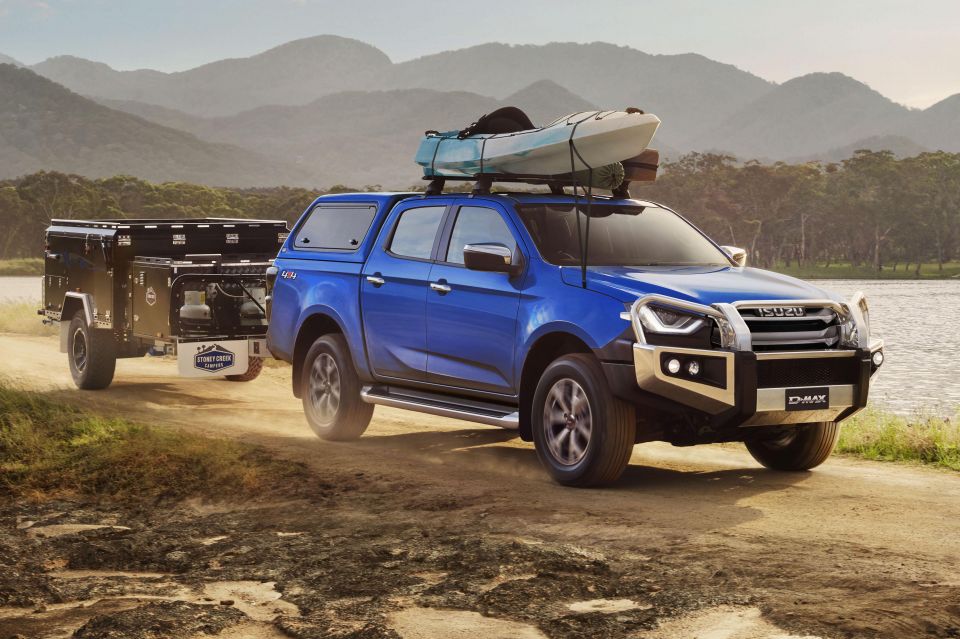
Isuzu Ute Australia says it has met directly with Catherine King, the Minister for Infrastructure, Transport, Regional Development and Local Government, to provide its feedback and “seeks further collaboration with the Government to achieve a solution that does not negatively impact hardworking Australians, while still seeing new vehicle emissions in Australia decline”.
The company has already confirmed it’s working on an electric ute as part of its transition to low- and zero-emission vehicles globally, but warns it needs more time to develop zero-emission utes and large SUVs for Australia that are affordable and meet the needs of Australian buyers.
It specifically called out the need for electric vehicles (EVs) that can travel extensive distances, carry a load and tow – crucial for a brand popular with towers, grey nomads and off-road enthusiasts alike.
MORE: Car industry cautious about Australia’s proposed vehicle efficiency standards MORE: Carmakers, lobby groups go to war over cost of emissions standards to new car buyers MORE: GMSV backs emissions rules as new electric cars arrive to offset V8s MORE: Hyundai backs tough emissions standard for Australian new cars MORE: Mazda pumps the brakes on Australian efficiency standards, calls for subsidies MORE: Mitsubishi: Emissions standards can’t forget about ‘middle Australia’ MORE: Nissan backs new emissions laws but calls for incentives, regulatory reform MORE: Tesla quits carmaker lobby group, slams it on the way out MORE: ‘Aggressive’ emissions standards will mean price hikes, hurt ‘middle Australia’ – Toyota MORE: Volkswagen’s wish list for Australian emissions standards revealed
Where expert car reviews meet expert car buying – CarExpert gives you trusted advice, personalised service and real savings on your next new car.
William Stopford is an automotive journalist based in Brisbane, Australia. William is a Business/Journalism graduate from the Queensland University of Technology who loves to travel, briefly lived in the US, and has a particular interest in the American car industry.


Max Davies
6 Days Ago
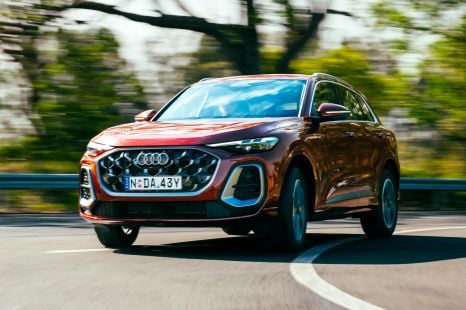

James Wong
4 Days Ago
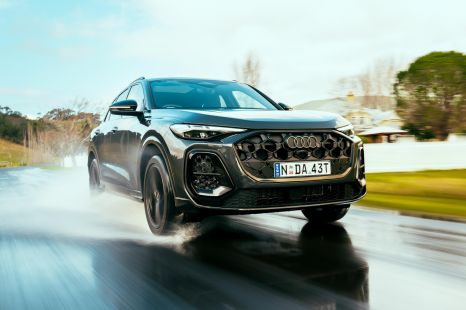

James Wong
4 Days Ago
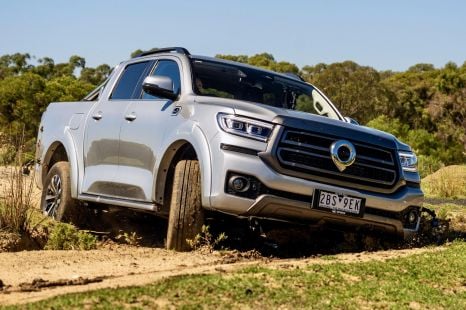

Max Davies
3 Days Ago
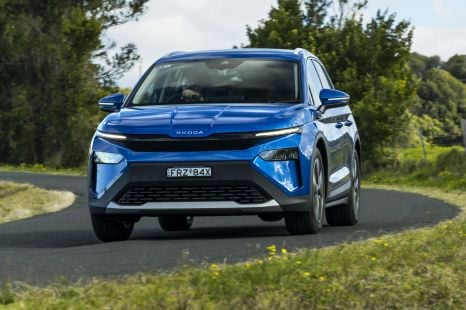

Josh Nevett
1 Day Ago
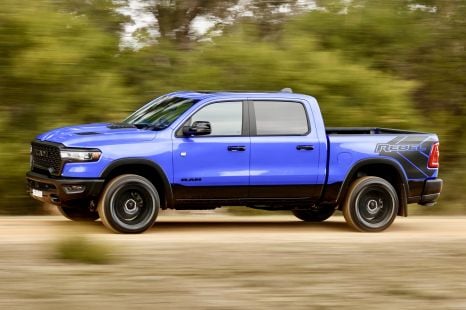

Max Davies
1 Day Ago